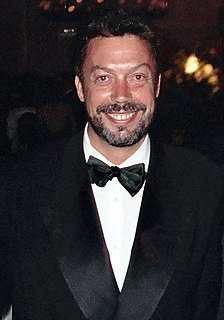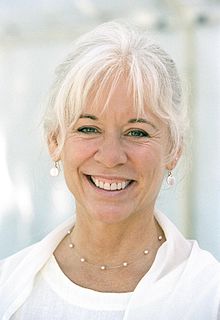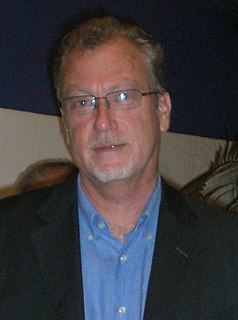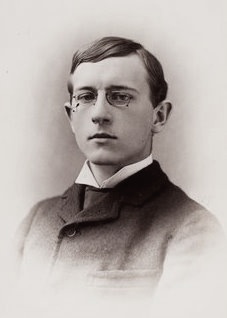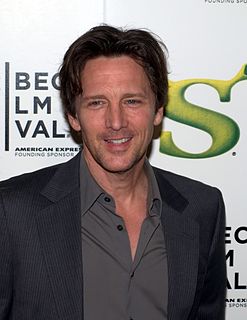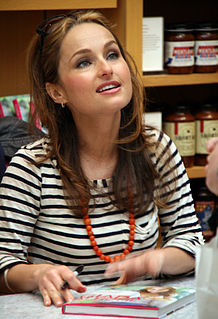A Quote by Joe Morton
I make it a habit of never trying to judge what an audience might think, only because all points of view are too close, because we're doing it every day, I think that the actor's point of view is sometimes too close to what the material actually is.
Related Quotes
The most sublime truth of all has never been stated or written or sung. Not because it is far away and can not be reached, but because it is so intimately close, closer than anything that can be spoken. It is alive as the stillness in the core of your being, too close to be described, too close to be objectified, too close to be known in the usual way of knowledge. The truth of who you are is yours already. It is already present.
[On how she goes about trying to live authentically] Well really listening to my point of view and if I am on a set, say, that doesn't really value a woman's point of view, regardless of how they feel, continuing to give my point of view and try to find a way to be heard and not diminishing myself because other people are diminishing me. Because that, I think, is the worst temptation that, you know, you judge yourself by how others are judging you, and to fall into that trap is to walk into the realm of self-annihilation.
I think that feeling of reward comes from being able to find sometimes an unexpected reflection or insight that seems to transcend the description itself, where you actually realize you're concluding something that is a point of view, that may come across and actually touch people's conscience or minds in a way that could change, at least if not things, change points of view.
I think sometimes when people start doing improv there's some regression towards trying to replicate the "good" improvisers that they've read about in their improv books or heard about from their teachers. That's understandable, because they're trying to learn technique and stuff, but I actually think that my favorite performers are ones who have unique improv technique but also have a unique point of view that you can feel with them and their performances.
If you push in every time there's a big moment, then the tenth time you push in, you're not going to get the same effect. Or if you have too many close ups, then when you have a big moment and you want a close-up in order to make a point, it doesn't mean anything because you've already been doing close-ups. It's like writing in all capitals. Then after a while that doesn't mean anything. So, just because you can do something with a camera doesn't mean you should.
But every point of view is a point of blindness: it incapacitates us for every other point of view. From a certain point of view, the room in which I write has no door. I turn around. Now I see the door, but the room has no window. I look up. From this point of view, the room has no floor. I look down; it has no ceiling. By avoiding particular points of view we are able to have an intuition of the whole. The ideal for a Christian is to become holy, a word which derives from “whole.
You wouldn't die in here, nothing ever dies in here, but if you stayed here for too long, after a while just a little of you would exist everywhere, all spread out. And that's not a good thing. Never enough of you all together in one place, so t here wouldn't be anything left that would think of itself as an 'I.' No point of view any longer, because you'd be an infinite sequence of views and of points.

